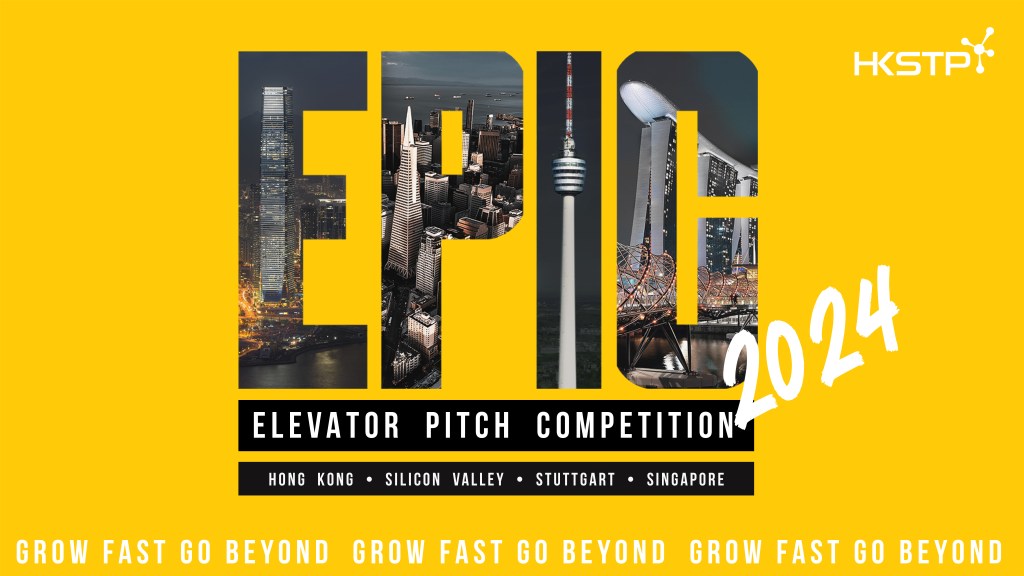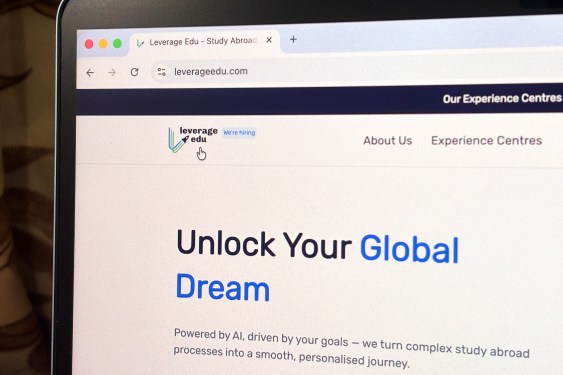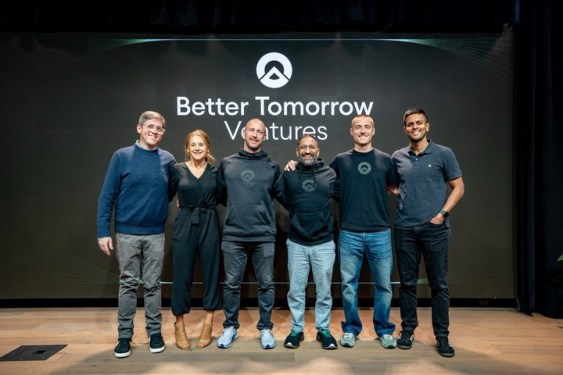By Albert Wong, CEO, HKSTP
Your startup isn’t global until it is in Asia
As we head into winter, for some startups, the fight for survival becomes very real as runways run out coupled with tightened investor purse strings. PitchBook’s recent report says, “the US VC market is now operating through five consecutive quarters of less capital making it to the market than is estimated to be demanded”, with 50,000 startups at risk of extinction at the end of the year.
VC funding is tough out there. The textbook survival playbook is to first cut costs, layoff staff, raise more money or seek some sort of financing or debt. Failing that, look for a buyer or call it a day. Done. However, I want to offer a radical bold alternative. Go into Asia.
Asia’s Pragmatism is Your Advantage
Asia is fiercely pragmatic, which extends to the business environment and the support provided to startups. Governments are all competing hard to attract talent and businesses. For example, in Hong Kong, the government is offering up to US $890K in subsidies to start-ups to develop their brands, upgrade their business operations and sell directly into the 38 markets that the city has agreed free trade agreements with, plus the huge Mainland China market.
We’ve heard of the Asian parent stereotype. Incubation and acceleration programmes are no different. It is less about community building, building your personal profile and brand. That can come later. Most programmes are laser focused on sharpening your proposition and commercial skills, quickly matching you with potential buyers and then putting you in front of investors. Brutal, but it works. This is why over 80% of the 850 startups that have graduated from our own incubation programme are still in business, many of whom have gone on to become global scale-ups and four already filed for IPO.
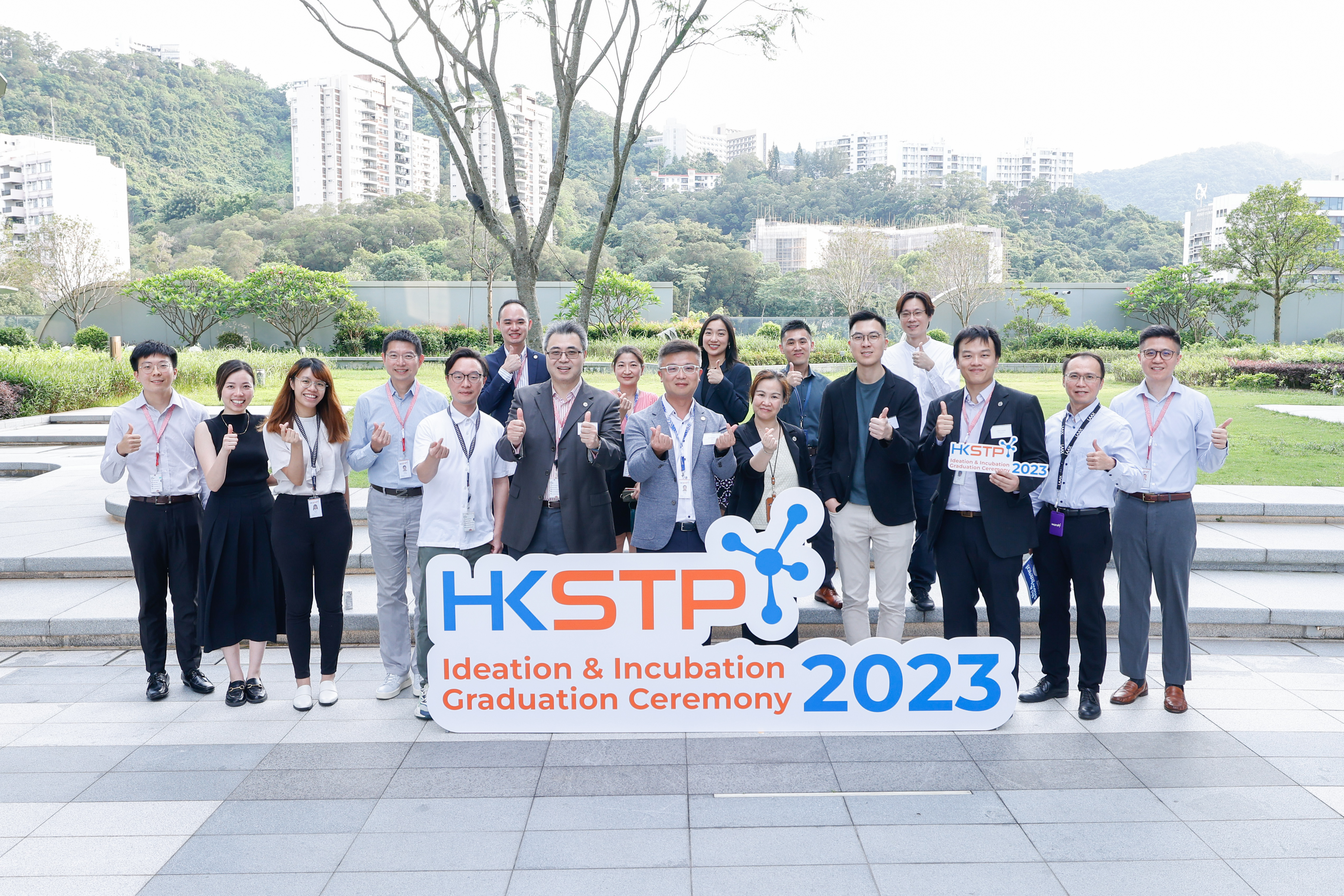
Asia also has a rich and more diverse pool of investors including tech savvy family offices. In fact, Hong Kong Science and Technology Parks Corporation (HKSTP) operates a Venture Fund where for every US$1 we invest, that start-up attracts 18X in capital supported through our network of over 1,000 investors. This is not to say investors here are immune to the economic climate, but Asian investors generally take a longer-term view which is why deals are still happening.
It’s Not a Blu-ray versus DVD Situation
There is of course big picture advantage to having a presence in Asia. Economically, Asia Pacific is on track to contribute over two-thirds of global growth this year according to the IMF and outpace Western markets it the long run. There is also an insanely vast population of highly educated and tech savvy young talent.
Generative AI has become the topic du jour in the West Coast with the U.S. leading the way. Yet what people often miss is that global development of this transformative technology is not unilateral. Like it or not, the world is becoming multi-polar. Mainland China might be behind on certain aspects of generative AI, but current indications suggests that it is taking a different development path which will see some of its models excel in other areas.
I’m not suggesting that either is better, but this is not a Blu-ray versus DVD situation. They are taking very different paths that will result in different benefits and opportunities. Unless you are close to both, you cannot truly claim to have a global AI strategy.
Overcoming Similarity Bias When Going Global
The 2023 United Nations Frontier Technology Readiness Index is very telling. The U.S. remains top. But Singapore and South Korea continues to slowly climb in the top 10, while Hong Kong leaps from 15th to 9th place, compared to the UK which has fallen from 3rd to 17th.

We’re often taught to stick to what we know, but sometimes the best choices are counter intuitive. Founders often suffer from similarity bias when they think about going global. If you’re in the U.S., the UK might be an obvious choice given everyone speaks the same language with a similar business environment. I get it, but these reasons alone don’t necessarily mean sure fire growth.
Take the business of business information and insights. For listed companies you have Bloomberg, while for private companies it is dominated by the likes of Dun and Bradstreet and other players covering the U.S and Europe. Yet in Asia, this is a relatively untapped area. During COVID, Asian governments invested to upgrade their business data infrastructure. Even in Mainland China, analysts agree that the new National Data Bureau will see the world’s largest economy make its data more open.
We have also seen many digital asset companies move away from the U.S. over the past year to Hong Kong and Singapore, who offer regulatory clarity and a more stable roadmap for the Web3 sector.
Overcoming Business Environment Concerns
In overcoming this bias, most founders see the opportunities that Asia can offer. But then new concerns kick in. How safe is my intellectual property, ease of accessing global markets, and so forth. The short answer is that with international business hubs like Hong Kong, your experience will likely be similar, if not smoother than your home market. It is a common law jurisdiction, has free flow of capital, simple and low tax regime with one of the most robust IP laws anywhere in the world. It ranks 10th globally for its IP rights according to the International Institute for Management Development and the government will even cover first consultation with an IP lawyer.
Equally Asia is connected through extensive trade agreements that extend beyond the region. For instance, the United Kingdom has a FinTech Bridge agreement with markets including Hong Kong, Singapore and Australia. Besides, Hong Kong only a five hours’ flight away to half the world’s population.
Your Chance to Elevator Pitch in Asia
I’m passionate about Asia and my home of Hong Kong. While I don’t expect everyone to share my enthusiasm, I do encourage founders to find out more about Asia. One way is by participating in EPiC, our flagship global elevator pitch competition which has up to US$5 million in investment up for grabs and offers unrivalled business matching and the ideal springboard to huge market opportunities in Mainland China, across Asia and beyond. Remember the Asian pragmatism I talked about? This is it.
The concept is simple. Deliver the best elevator pitch to win. The finale is held at the top of the International Commerce Centre in Hong Kong, where 72 semi-finalists from around the world are invited to pitch to a group of judges inside a lift from the ground floor to the 100th floor – a journey ride which takes exactly 60 seconds.
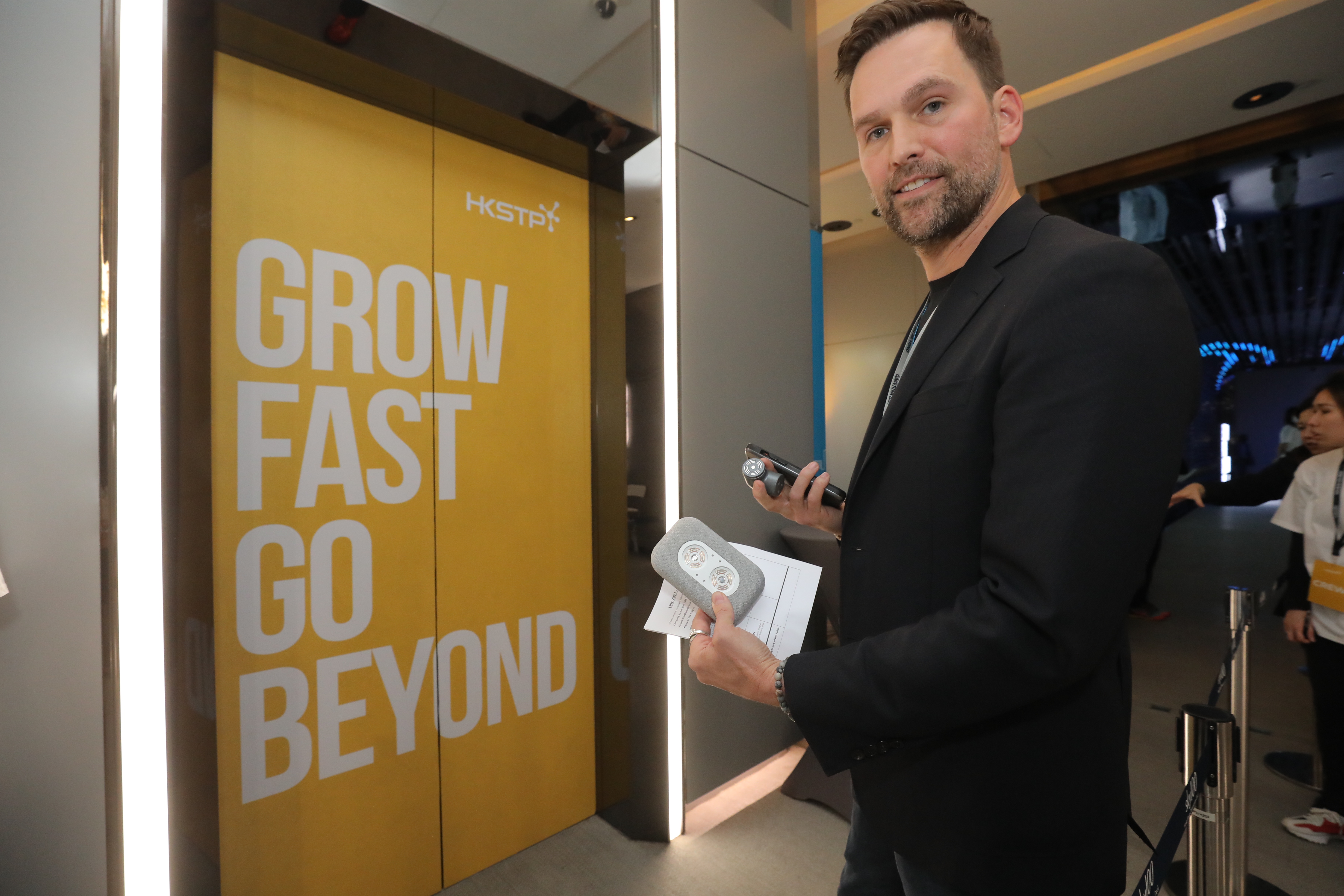
Finalists then take it to the main stage to compete for cash prizes, investment opportunities and more. All semi-finalists enjoy a package of benefits including value-added services for six months after the competition to help them scale in Asia. This includes business matching, investment referrals, access to co-working space in the city and our ecosystem among other benefits. On the day we also invite corporates and investors from across Asia to mix and meet with all our semi-finalists to encourage deal-making on the side.
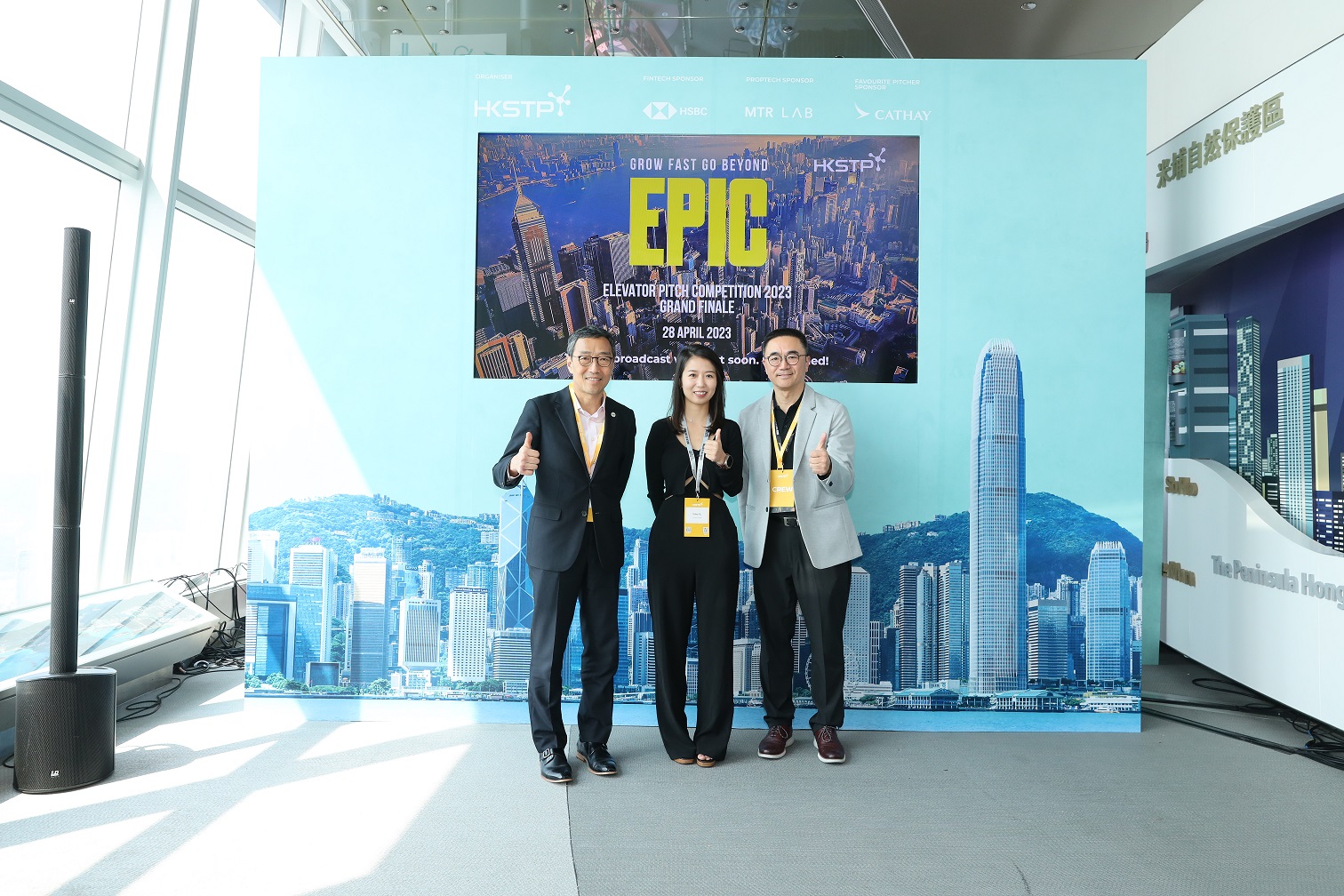
Archireef, our champion from 2022, is a Hong Kong based start-up using 3D printing to save degraded coral reefs. Since winning, founder Vriko Yu has secured funding, won the World Economic Forum’s Tech Pioneers and has now successfully expanded into the Middle East.
The eight edition of EPIC 2024 is now open for application across three competition tracks – FinTech, PropTech and MobilityTech. Together with Plug and Play, from January to March 2024, four regional quarterfinals will be hosted in Silicon Valley, Stuttgart, Singapore and Hong Kong, plus an online global track, with the finale on 26 April 2024.
Find out more here: https://epic.hkstp.org/
